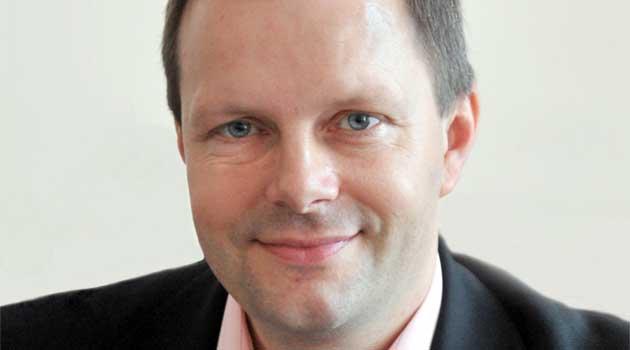Marcel Chládek, the Minister of Education, Youth and Sports in the Czech Republic, has answered a few quick questions for Romano vod’i magazine:
Q: How has your start been in this ministerial post?
A: I had some idea of how the entire department and ministry was running before I took office. I suspected what was in store for me and what state the department was in. Unfortunately, nothing has surprised me. I immediately commissioned several audits and it did not take long to get the results. For the time being I have managed to save roughly CZK 300 million and I expect those savings to increase.
Q: Are you planning to establish cooperation between the primary and special school departments, or to unify them?
A: Those departments belong together in one, their collaboration is very close, coordinated at all levels, and systematic, and naturally that benefits the entire educational process.
Q: Are you planning to advocate for the long-term planning the strategy of the Czech schools not to change with each new government, and what specific steps might lead to that?
A: From the beginning I have said straight out that I do not want to revolutionize the ministry, but I do want to effect change. The education system should be designed such that the next government won’t want to change it all over again. What is important, therefore, is agreement on essential matters across the political spectrum. That is why we are holding nationwide round tables where we are addressing, for example, the introduction of a career system for teachers or amendments to the law on higher education. Currently we are also preparing our 2020 Strategy document.
Q: What kinds of data are currently being tracked about pupils and students?
A: We are tracking the numbers of classes, pupils and schools across the entire spectrum of education in the Czech Republic so that it will be possible to use that data when creating strategic educational materials. The general statistics are available on the website of the ministry.
Q: Do you consider the D.H. and Others vs. the Czech Republic judgment from the European Court of Human Rights to be relevant? What steps is the ministry taking to make sure that pupils are not enrolled into the practical schools solely because they are from socially disadvantaged environments?
A: The D.H. judgment from 2007 confirmed, on appeal, the indirect discrimination of some Romani pupils in Ostrava. Within the framework of fulfilling the judgment, the Czech Republic offered them first and foremost the option of immediate re-entry into the education system and also immediately initiated legislative changes so that the unauthorized enrollment of children into educational programs that do not correspond to their educational needs cannot occur. For me it is important that places in nursery school or preparatory classes be made available, and not just for these children. I consider pre-school education to be very important. Moreover, the Education Ministry, under my administration, has continued to offer subsidy programs for Romani pupils and students that are related to their sociocultural disadvantage.
Q: What is your view of the recent statements about foreigners, the Romani minority, and welfare made by Tomio Okamura – and basically his entire impact? Are you planning to communicate with him about those topics?
A: I am open and prepared to communicate with anyone with whom we share a topic. Of course, Mr Okamura’s statements are quite often very unfortunate.
